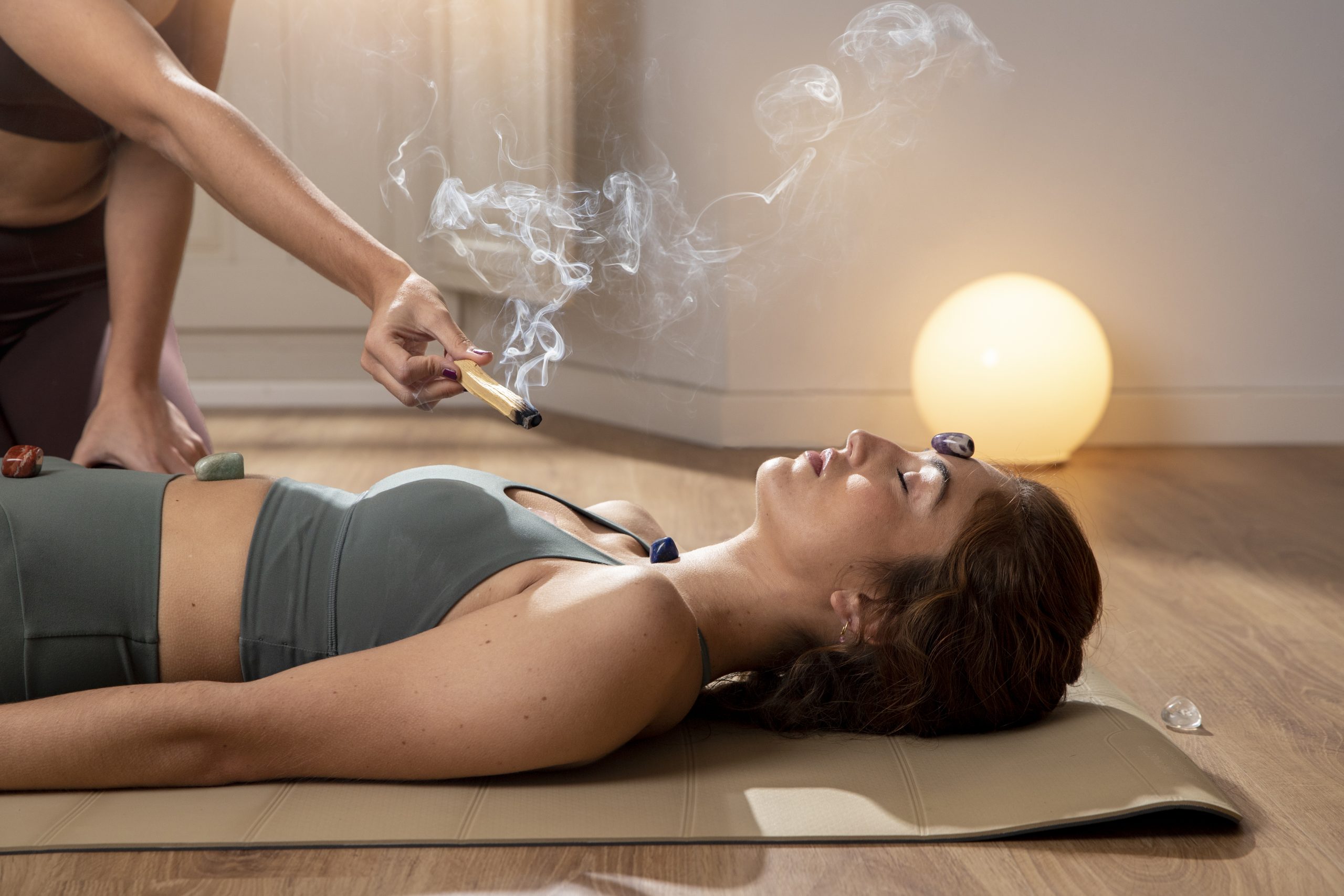May is a significant month, marked by two important observances – Mental Health Awareness Month and Asian American and Pacific Islander (AAPI) Heritage Month. At Everfit, we’re celebrating by featuring the insightful journey of Aurora San Pedro, an Asian-American Mental Health Therapist based in California, US, and the owner of The Garden State of Mind.
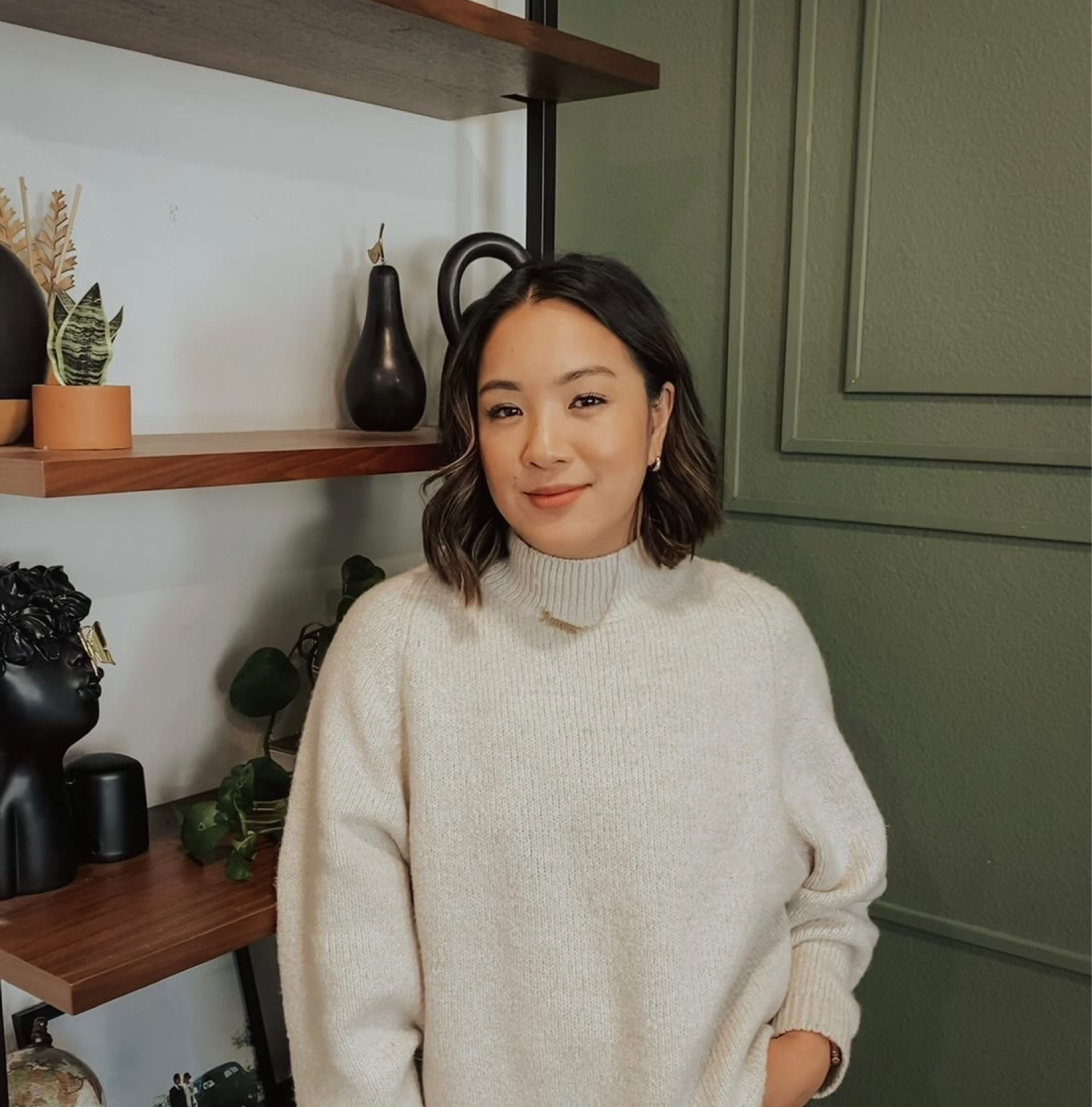
Aurora’s unique perspective and expertise in blending Asian wellness philosophies with therapeutic practices have had a profound impact on her coaching approach and her clients’ well-being. We chatted with Aurora to delve deeper into her experiences and explore the intersection of mental health and Asian culture.
Weaving Asian Wisdom into Coaching: Aurora’s Holistic Approach
For Aurora, Asian wellness philosophies like mindfulness and relaxation aren’t just concepts; they’re integral parts of her coaching approach. By incorporating these philosophies, she fosters a deeper understanding of the body’s response to mental health. Through her practice, clients develop a profound awareness that extends beyond mere thoughts, leading to tangible progress in their well-being.
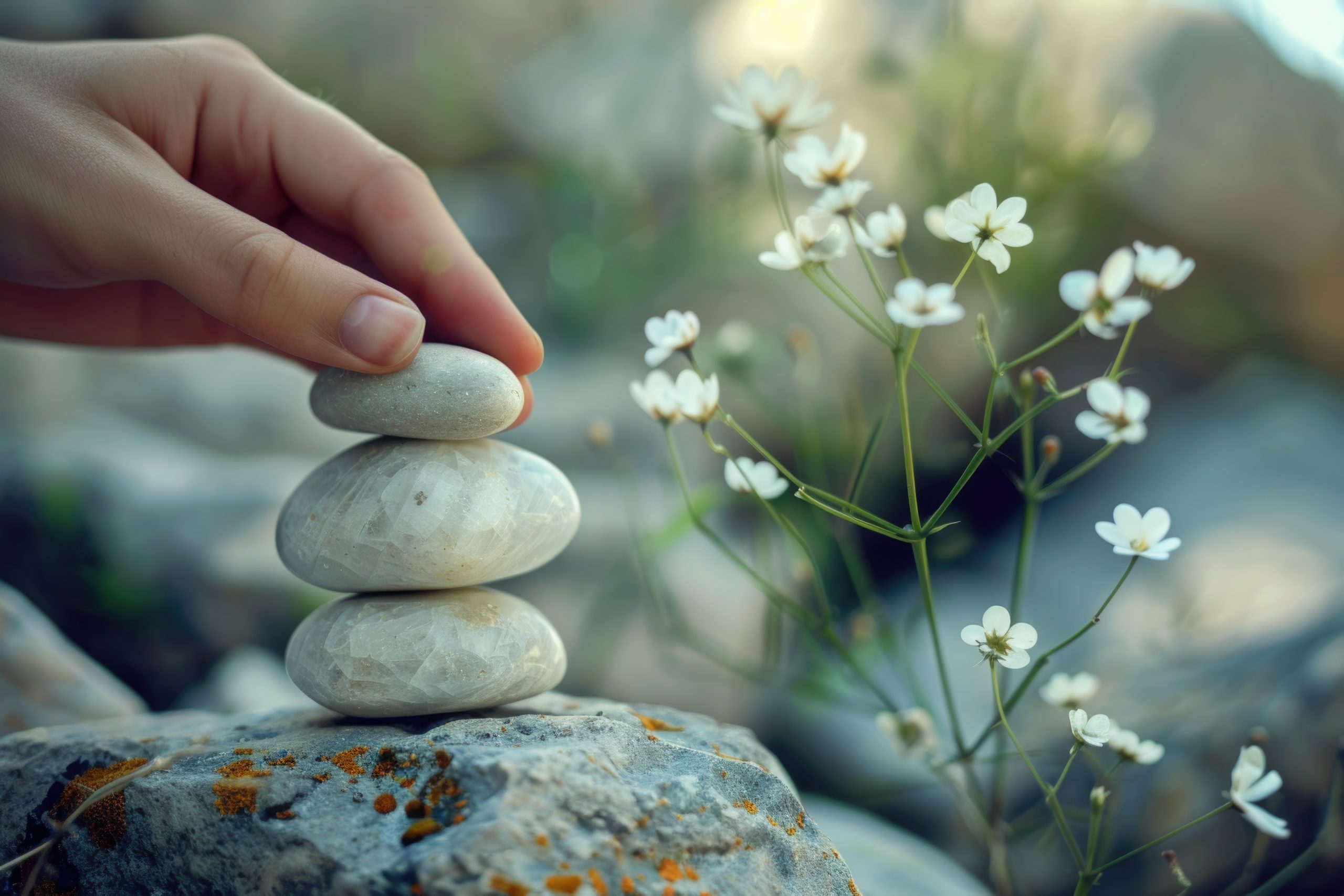
Honoring Cultural Roots: How Heritage Shapes Aurora’s Coaching Style
As a first-generation Asian American, Aurora’s coaching style is deeply rooted in her Filipino heritage. She places great emphasis on centering her clients’ treatment around their core values, mirroring the importance of values and respect in Filipino culture. By understanding the influence of origin stories on individuals’ values, Aurora tailors her interactions and sessions to provide personalized and culturally sensitive support.
Empowering with Asian-Inspired Techniques: Elevating Mental Health Through DBT
Aurora’s favorite practice, Dialectical Behavioral Therapy (DBT), draws inspiration from Asian wellness traditions such as mindfulness and relaxation techniques. DBT not only challenges negative thought patterns but also encourages clients to become more attuned to their minds and body’s responses. This holistic approach promotes relaxation, stress relief, and overall health by fostering a harmonious balance between mental and physical well-being.
Simple Ways to Try DBT with an Asian Twist for Better Mind-Body Balance
1. Mindful Breathing:
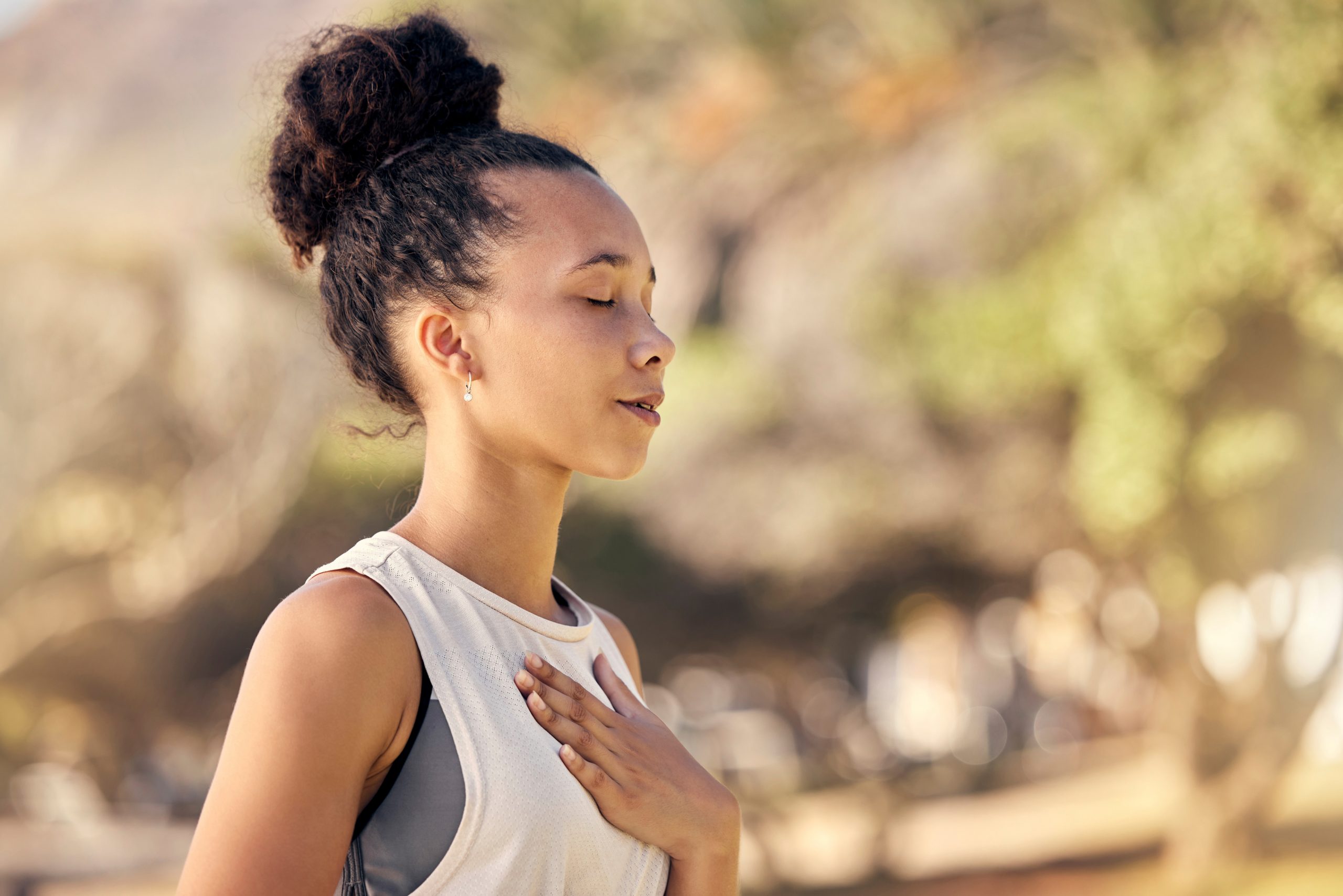
Guide clients through deep breathing exercises inspired by ancient Asian meditation techniques. Start by finding a quiet, comfortable space where they can sit or lie down. Encourage them to close their eyes and take slow, deep breaths, focusing on the sensation of the breath entering and leaving their body. Emphasize the importance of breathing from the diaphragm rather than shallow chest breathing. Encourage clients to visualize their breath flowing smoothly, like gentle waves in the ocean, allowing them to cultivate a sense of inner calm and serenity with each exhale.
2. Nature Connection:
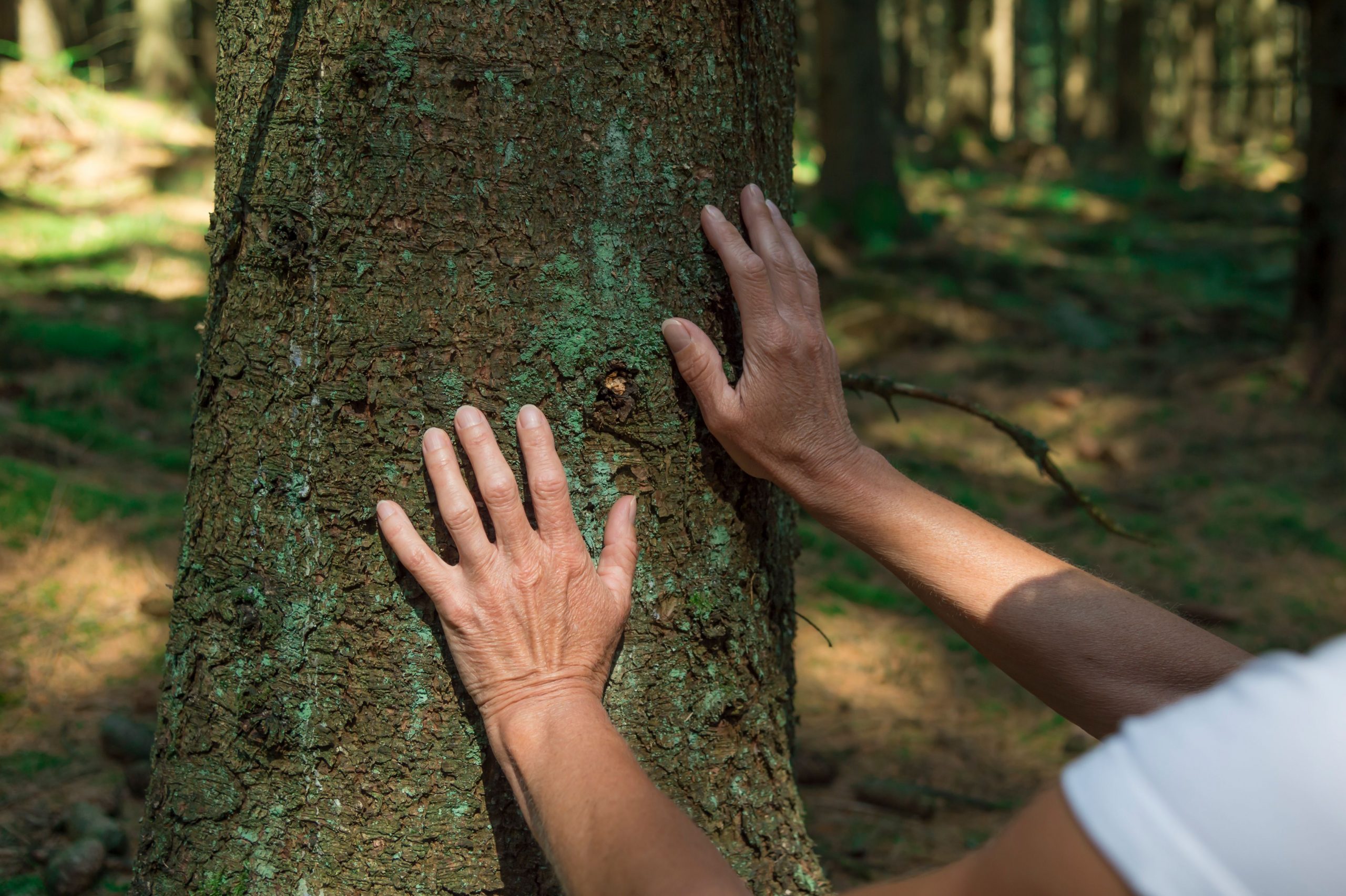
Invite clients to immerse themselves in the healing power of nature, drawing inspiration from the Japanese practice of shinrin-yoku, or forest bathing. Encourage them to spend time outdoors in a natural setting such as a park, forest, or beach. Encourage clients to engage their senses fully, noticing the sights, sounds, smells, and textures of their surroundings. Suggest activities such as walking barefoot on the grass, listening to the rustle of leaves in the wind, or simply sitting quietly and observing the beauty of nature. Remind clients that spending time in nature can promote relaxation, reduce stress levels, and improve overall well-being.
3. Cultural Adaptations:

Integrate clients’ cultural heritage into therapy sessions by incorporating meaningful practices from their backgrounds. Begin by discussing with clients their cultural traditions, beliefs, and customs. Encourage them to share any practices that hold special significance for them. Incorporate these practices into therapy sessions in a respectful and sensitive manner, honoring clients’ heritage and providing a sense of comfort and familiarity. Examples of cultural adaptations may include lighting incense or candles, practicing mindfulness through prayer or meditation, or engaging in traditional ceremonies or celebrations. By incorporating cultural adaptations, clients can feel a deeper connection to their heritage and find strength and support in their cultural identity.
As we reflect on Mental Health Awareness Month and AAPI Heritage Month, Aurora’s journey serves as a reminder of the rich tapestry of cultural influences that shape our understanding of mental health. By embracing Asian wellness philosophies and incorporating them into our practices, we can create a more inclusive and holistic approach to mental well-being.

At Everfit, we’re committed to supporting our community in its journey towards mental health and wellness. Let’s celebrate diversity, embrace cultural heritage, and continue to prioritize mental health for all. Together, let’s build a healthier and more resilient future.




